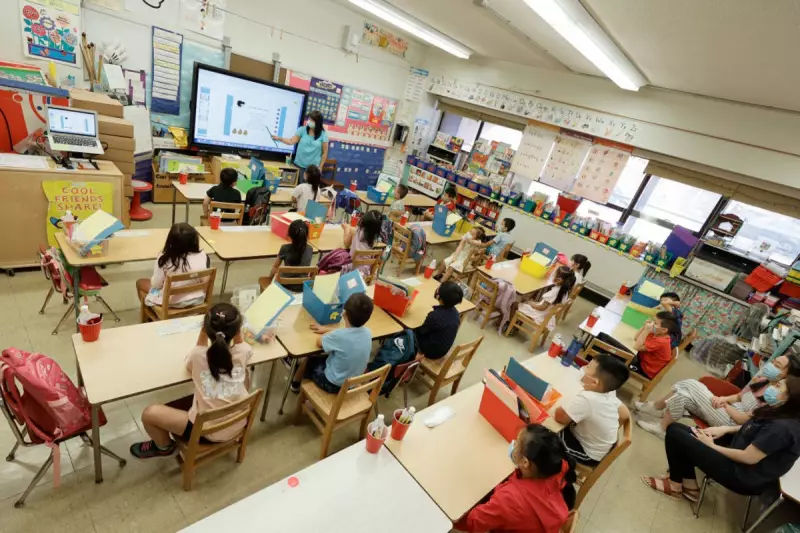
A secondary school in the UK has taken the unusual step of banning students from using the slang term '67' after teachers discovered its hidden sexual meaning. The decision has ignited discussions about how educational institutions should handle evolving youth language and internet slang.
The Discovery That Sparked the Ban
School staff became aware of the term's alternative meaning during routine monitoring of student conversations and online interactions. Upon investigation, they learned that '67' had developed a sexual connotation among certain student groups, prompting immediate action to prevent its use on school premises.
Official School Statement
In communications to parents, school authorities explained that the ban was implemented as part of their safeguarding responsibilities. "We have a duty to ensure all students feel comfortable and safe in our learning environment," a school representative stated. "The use of language with sexual connotations can create an atmosphere that's not conducive to learning."
Parent and Student Reactions
The policy has received mixed responses from the school community. Some parents have praised the school's proactive approach to maintaining appropriate standards, while others question whether banning specific terms addresses the broader issue of digital literacy and responsible communication.
The Challenge of Keeping Up with Youth Slang
This incident highlights the ongoing challenge educators face in monitoring and responding to rapidly evolving youth slang, particularly terms that gain alternative meanings through social media and online platforms. Schools must constantly adapt their behaviour policies to address new linguistic trends that may carry hidden meanings.
Broader Implications for School Policies
The '67' ban raises important questions about how schools should balance freedom of expression with the need to maintain appropriate educational environments. It also underscores the importance of digital citizenship education and helping students understand the potential consequences of their word choices both online and offline.





